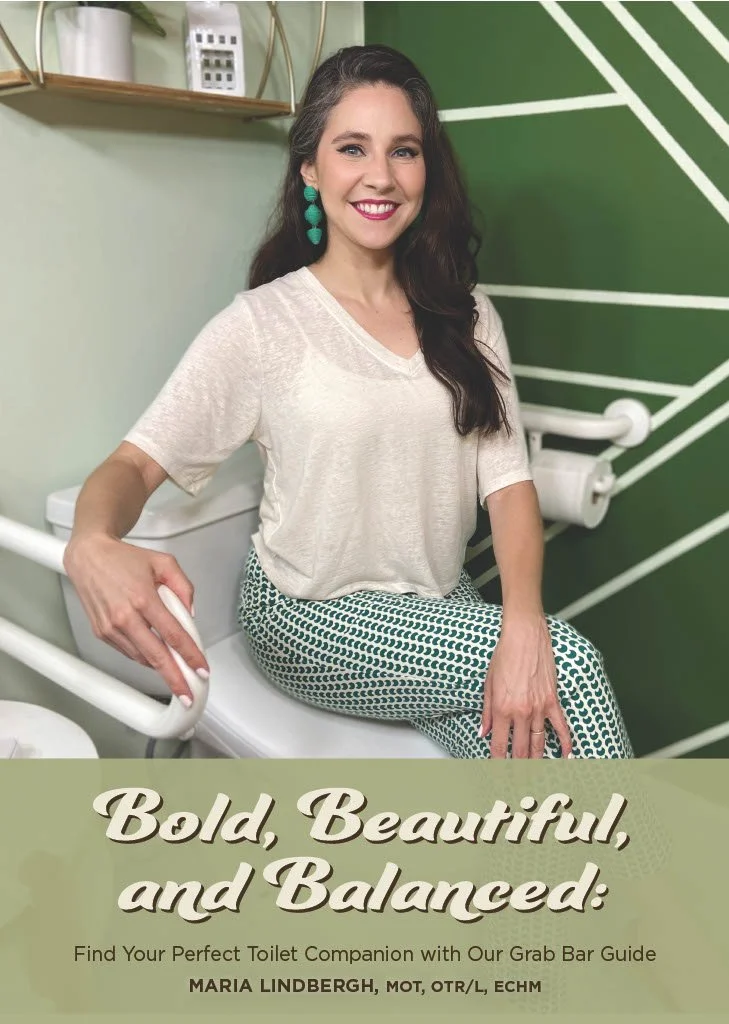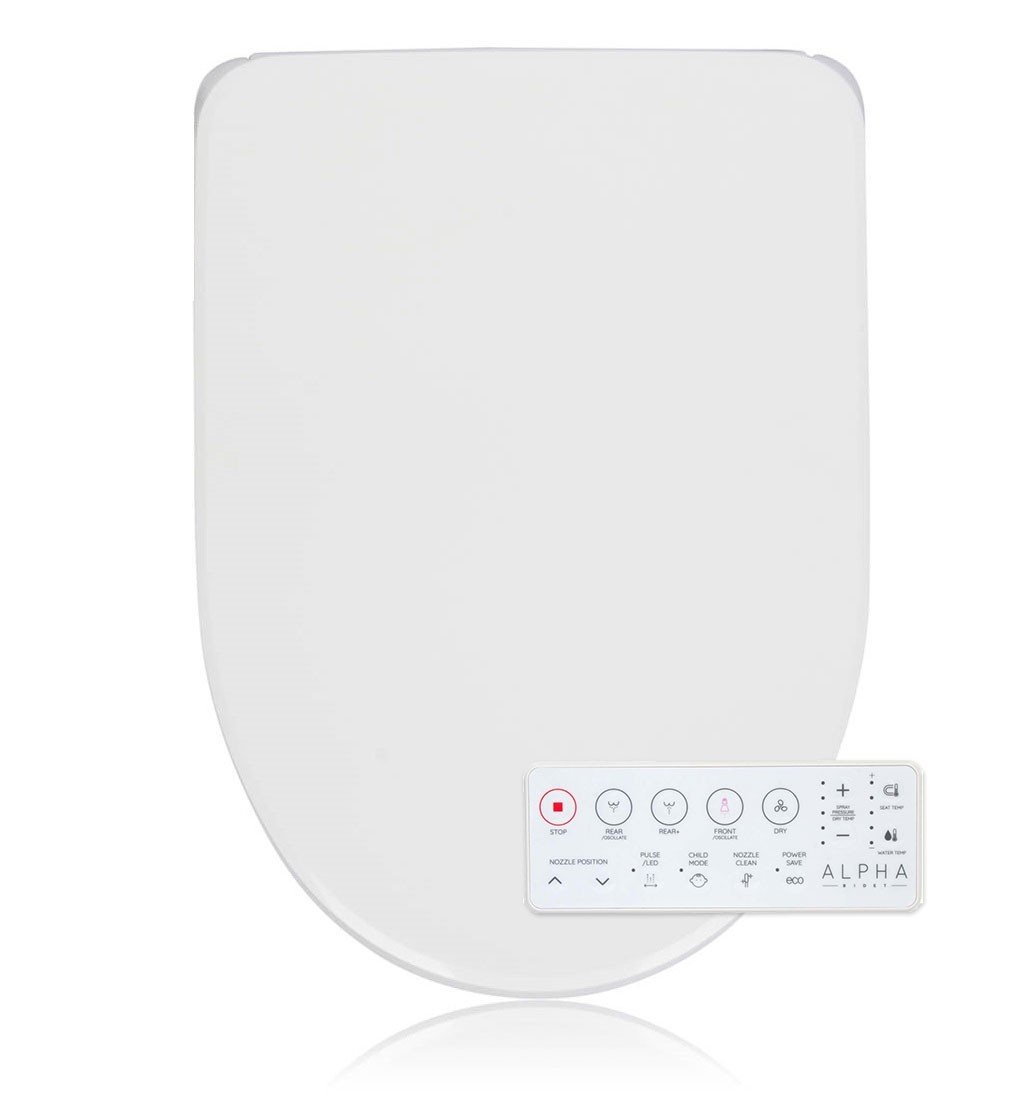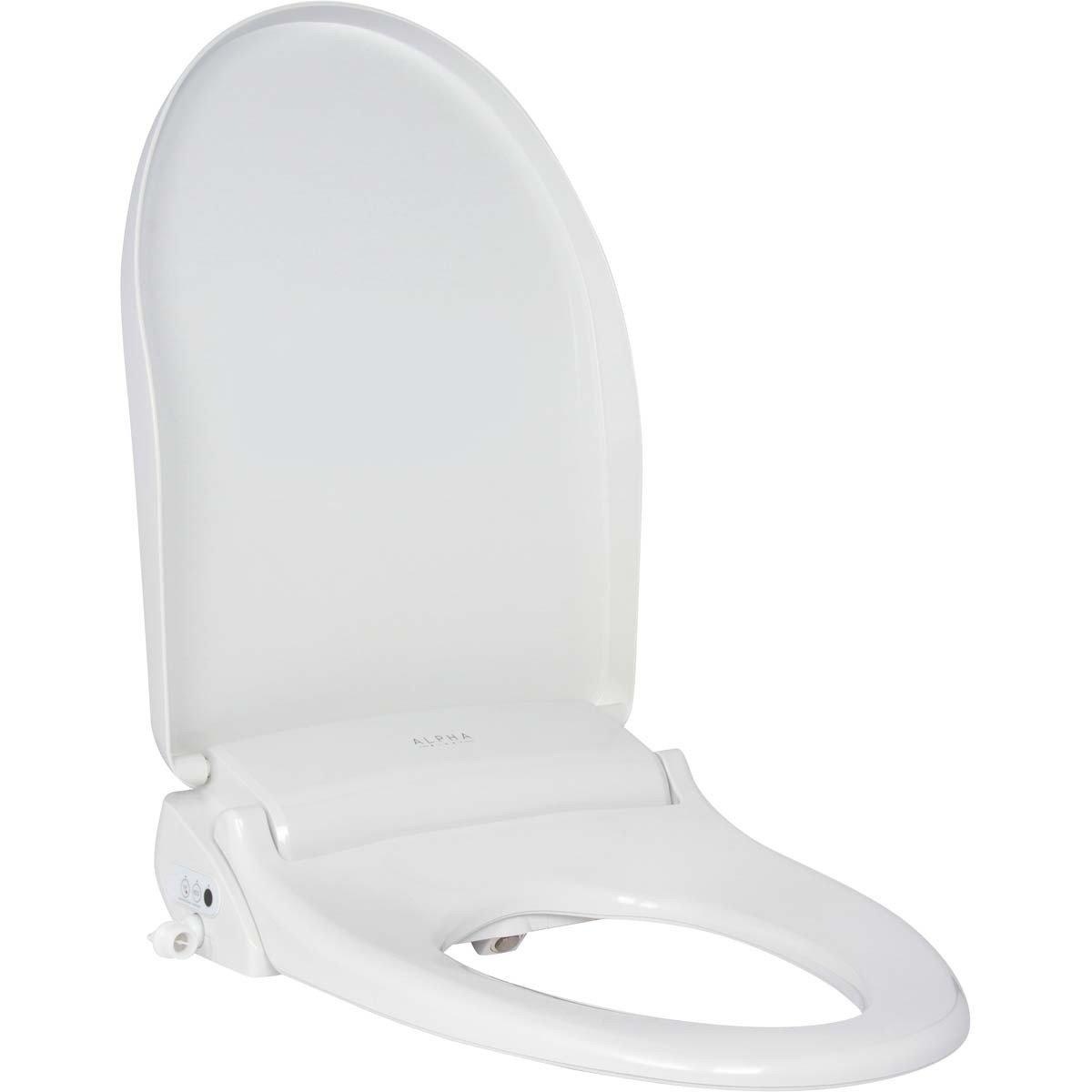How to Use the Toilet after Knee Surgery
Undergoing knee surgery can be a challenging and uncomfortable experience. Along with the physical pain and limitations, everyday tasks like using the toilet can become a daunting task.
However, with a few simple adjustments and modifications, you can make the process much more manageable and comfortable. In this article, we will provide you with a range of practical tips and suggestions to help you navigate the post-surgery period and use the toilet with ease.
Whether you're recovering at home or in a rehabilitation center, these valuable insights will ensure that you have a smoother and more comfortable experience during your recovery journey. Keep reading the article below or watch the video!
What happens after knee surgery
Having knee surgery can be a life-changing experience, but it also comes with its fair share of challenges. For many individuals, the immediate aftermath of the surgery involves a painful and lengthy recovery process with an increased risk of falling.
Additionally, the limitations imposed on an individual's daily activities and the need for assistance with everyday tasks, like using the toilet, can lead to feelings of frustration and dependence. Patience and perseverance become crucial as one navigates through the challenges of post-operative recovery, knowing that every small step forward brings them closer to regaining their normal life.
So what are some things you can put into place to enable you to safely use the toilet and reduce your risk of falling?
Tips to Use the Toilet after Knee Surgery
Our first toilet tip deals with speed. You want to act fast so you can move slow.
After knee surgery, it's going to take longer to get to the toilet because of pain and stiffness in the knee joint. So as soon as you feel the urge to use the toilet, make the fast decision to slowly start heading towards the bathroom.
If you wait until your bladder is full, you'll want to rush and hurry. With your recent knee surgery, rushing is a recipe for disaster! You’re more likely to injure your vulnerable surgical knee or, even worse, fall to the ground.
Since you've acted fast to get to the bathroom, you can go slow to get there. Take your time while you're walking to the bathroom. Taking your time is extremely important! Slowly stand up. Slowly walk. Slowly sit down on the toilet and slowly wipe.
Moving slowly will help avoid any sharp pain caused by sudden, quick movements. Remember how the tortoise beat the hare? Slow and steady wins the race (the race being your knee recovery)!
Now, let's talk about some changes you can make to your toilet before surgery to set yourself up for success.
tall toilets make it easier to use the toilet after knee surgery
For people who are taller than 5’4”, you may feel more comfortable sitting on a toilet that is taller. This results in bending your knee less while sitting on the toilet, which makes sitting feel less painful to you.
If you’re 5’3” or shorter in height, a tall toilet is not a good option because it may cause you to fall. When you sit on the toilet, it’s important to have your feet flat on the ground in order for you to have good sitting balance. Good balance will help you move slowly on and off of the toilet, which lessens sharp pain from sudden movements.
One of the ways to make your toilet taller is to install a Toilevator, which is like a platform for your existing toilet.
Toilevators are less expensive than buying a new chair height toilet. They allow you to get on and off of the toilet without bending your knee as far as you would with a regular height toilet.
Another way to make your toilet taller is to use a bolt on toilet seat riser. This is the safest type of toilet seat riser because it stays bolted onto the toilet bowl and doesn't move.
I prefer the Bemis bolted toilet seat riser because:
It has armrests
The seat flips up easily for cleaning
There's a version that comes with a bidet seat attachment
The Toilevator and Bemis bolt on toilet riser are both excellent options to help make toileting easier after knee surgery AND they don’t make your bathroom look like a hospital.
grab bars make it easier to use the toilet after knee surgery
My personal favorite option for people of all ages and abilities is to place a grab bar next to the toilet. Grab bars make you feel secure during your knee surgery recovery when moving on and off the toilet and leaning to clean your bottom.
Another advantage is the prevention of falls and accidents, especially after knee surgery. Grab bars provide a sturdy and reliable support system, allowing users to maintain their balance when sitting down or standing up. Moreover, these bars also give you the confidence and independence to use the toilet without assistance.
By promoting stability and reducing accidents, grab bars next to the toilet ensure a safer and more accessible bathroom environment for everyone.
To make your toileting experience after knee surgery even better, download the free grab bar guide here to customize your grab bar placement next to the toilet.
The Bold, Beautiful, and Balanced grab bar guide has four steps that help you measure, select and install the right grab bar to fit your needs. Plus, you’ll have access to the free grab bar guide video series which breaks down each step in the guide.
It helps every homeowner maintain dignity and privacy in the bathroom. The best part of the guide is the wide array of chic grab bars that’ll match your bathroom aesthetic.
This ain’t your Granny’s bathroom!
You don’t want to miss out! Take a look inside of the Bold, Beautiful, and Balanced grab bar guide to make it easier to use the toilet after knee surgery.
bidets make it easier to use the toilet after knee surgery
Earlier, I mentioned how it may feel more uncomfortable for you to wipe your bottom after knee surgery because that movement actually makes you shift your weight and bend your knee more.
A good way to lessen this discomfort is to use a bidet seat to help clean your bottom thoroughly after using the toilet.
Bidet seats are a type of bidet that attaches to your existing toilet. After using the toilet, sit still, aim, and spray water with the bidet control to thoroughly clean your bottom. No extra moving required!
Other great bidet options include handheld bidets and portable bidets (learn more about these items by going through the links).
Handheld bidets and portable bidets are less expensive than bidet seats. They also allow people recovering from knee surgery to remain seated, aim, and spray water to clean up after toileting. This can reduce the amount of pain you feel while toileting.
I recommend bringing a portable bidet with you to the hospital to use after surgery. They’re easy to stash and carry with you in your hospital bag.
Hey, if you don’t want to clean your bottom with water, that’s okay! I’ve got a good option for you.
Personal hygiene wands, like the Freedom Wand, help people reach easier to thoroughly wipe your bottom after toileting. Simply place toilet paper in one end of the wand, gently wipe front to back, and dispose of the toilet paper in the toilet.
If you’d like to bring a personal hygiene wand with you to the hospital, they’re light weight and typically come with a bag for transportation outside of the home.
Personal hygiene wands are also affordable for most people. Learn more about the Freedom Wand here.
have we answered your questions on how to make it easier to use the toilet after knee surgery?
I hope these toilet tips and changes to the toilet make it easier for you to use the bathroom after knee surgery. Following these suggestions will improve your ability to care for yourself throughout your recovery and lessen your fall risk.
Have you made any changes to your toilet that have helped you in times of injury or illness? Tell us your knee surgery recovery tips in the comment section below!
(Pssssttttt . . . did you know we have an awesome online course for people who have a hard time wiping after using the toilet? It’s an awkward topic that you can learn how to solve in the comfort and privacy of your own home! Learn more about the course HERE!)




































